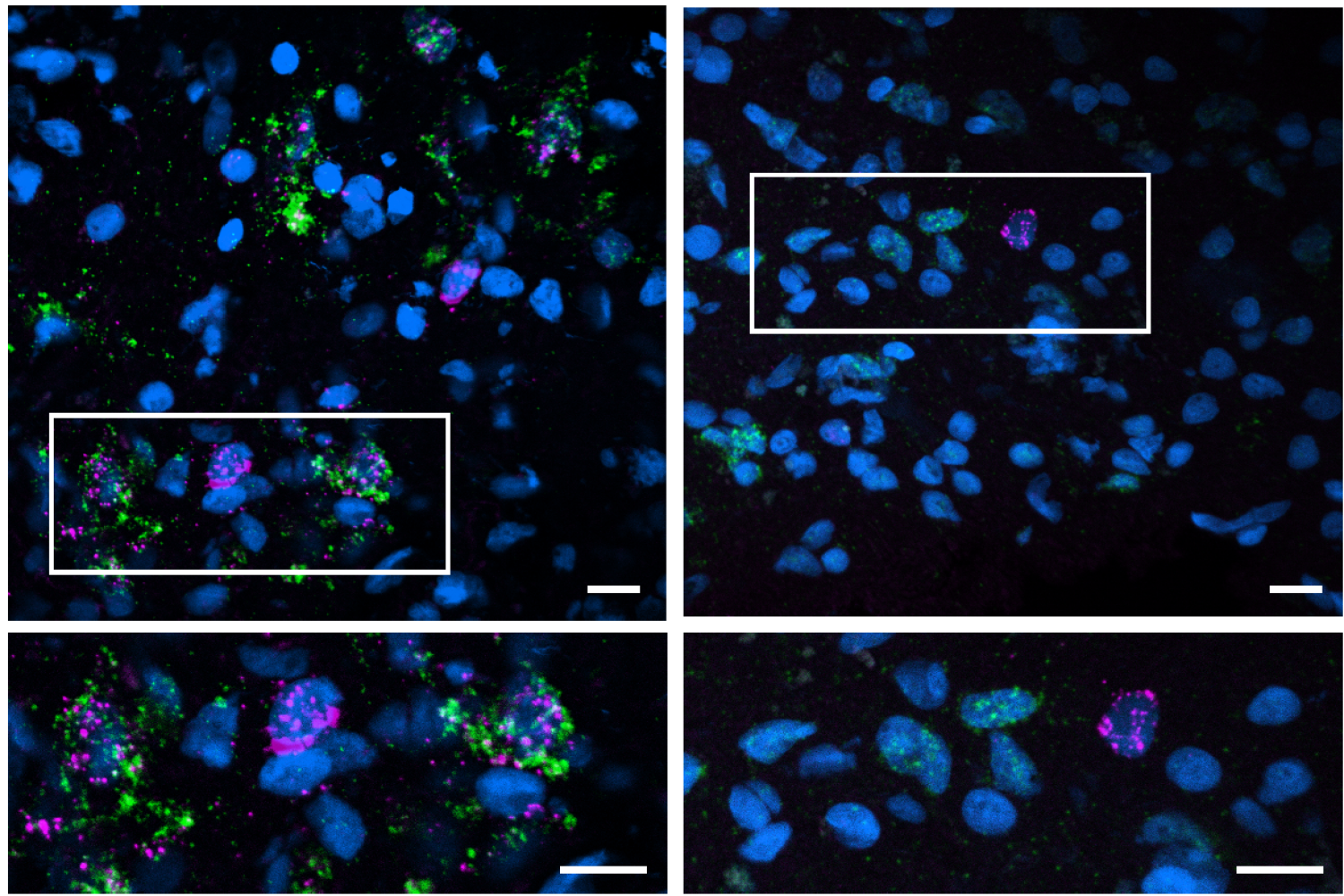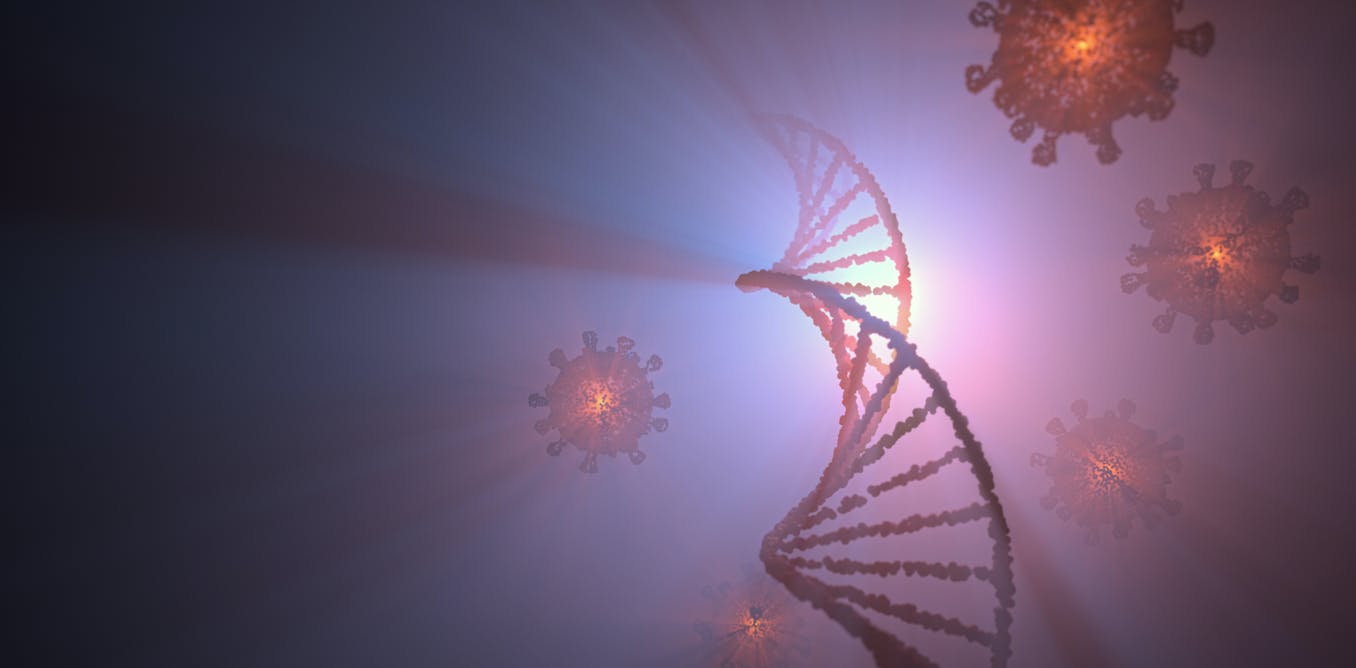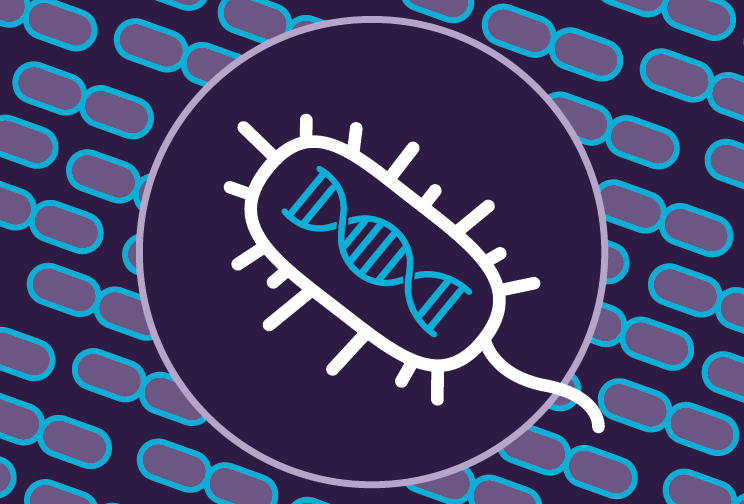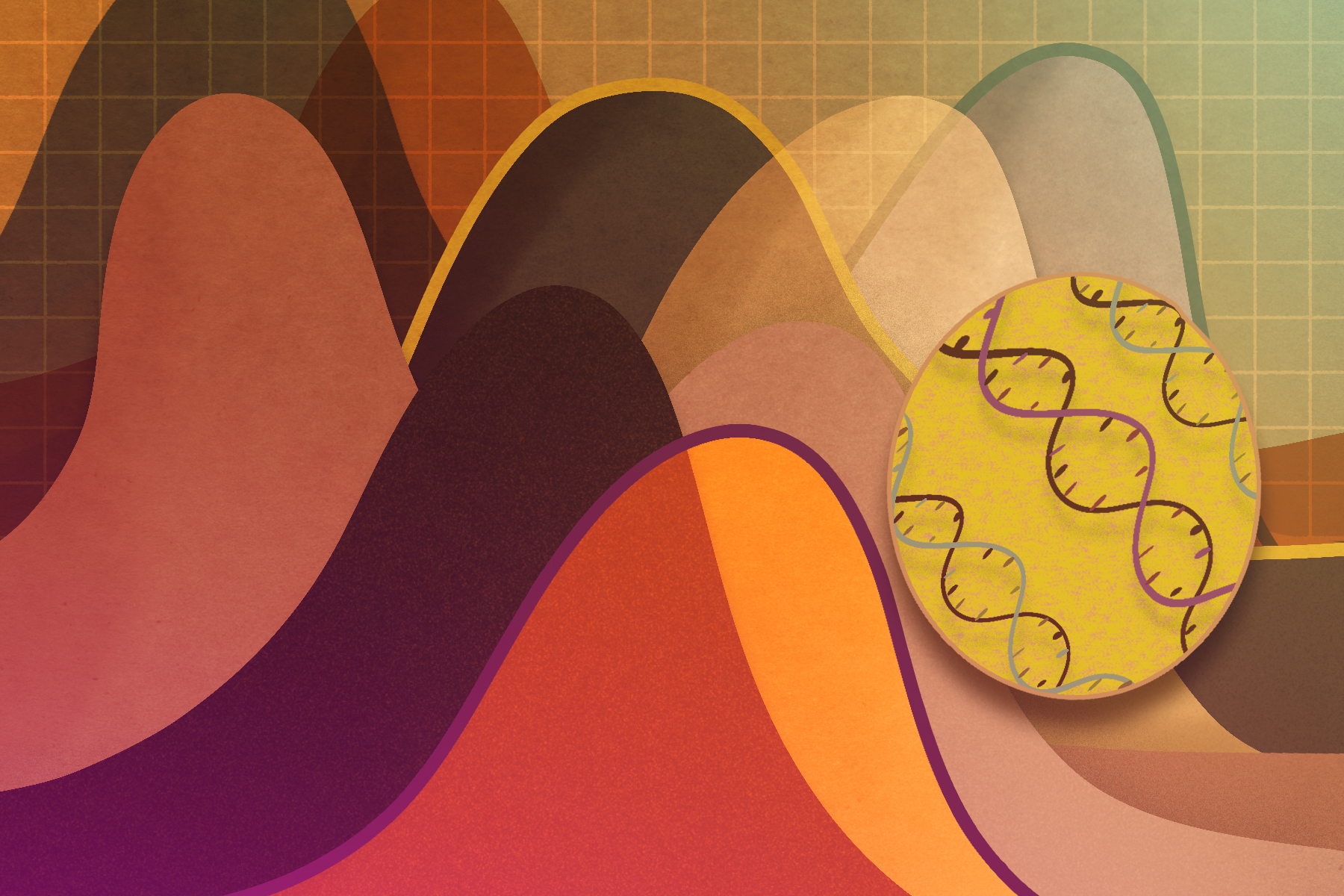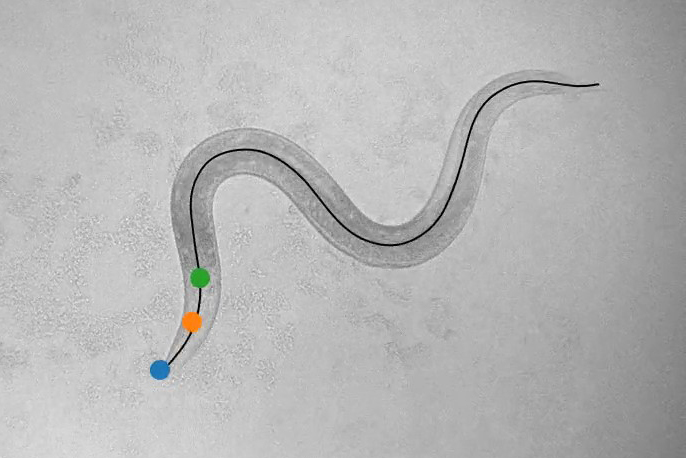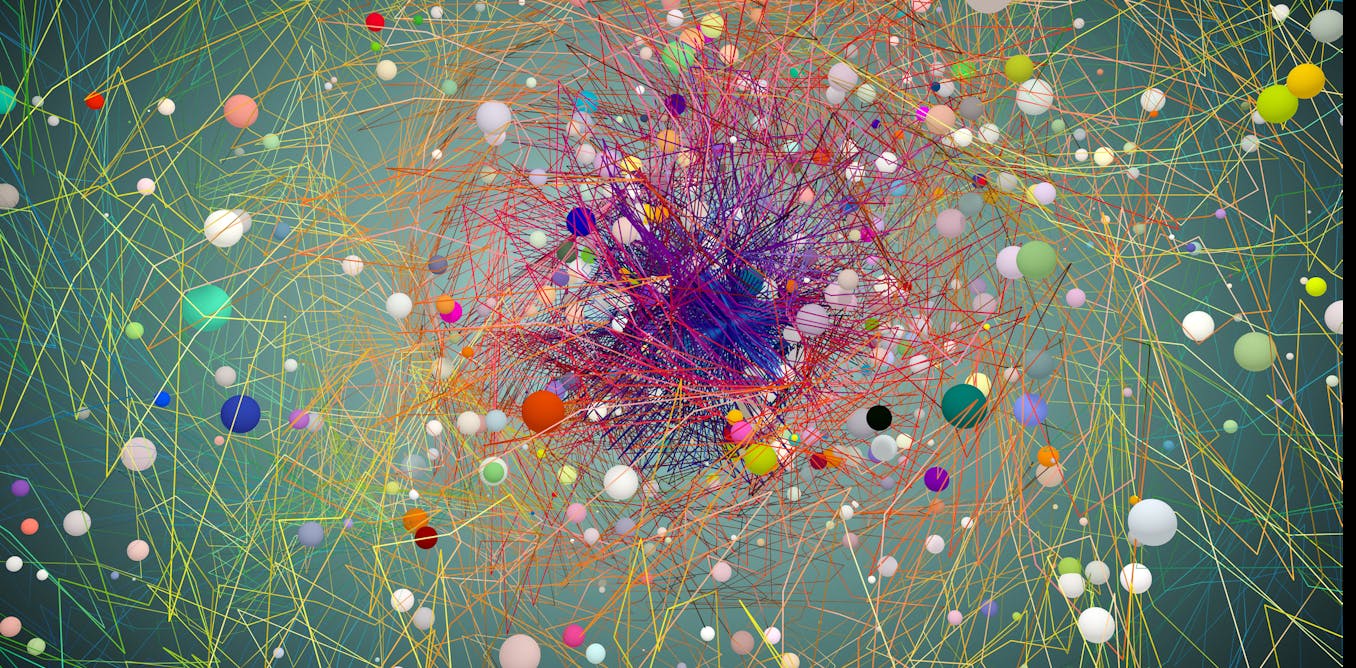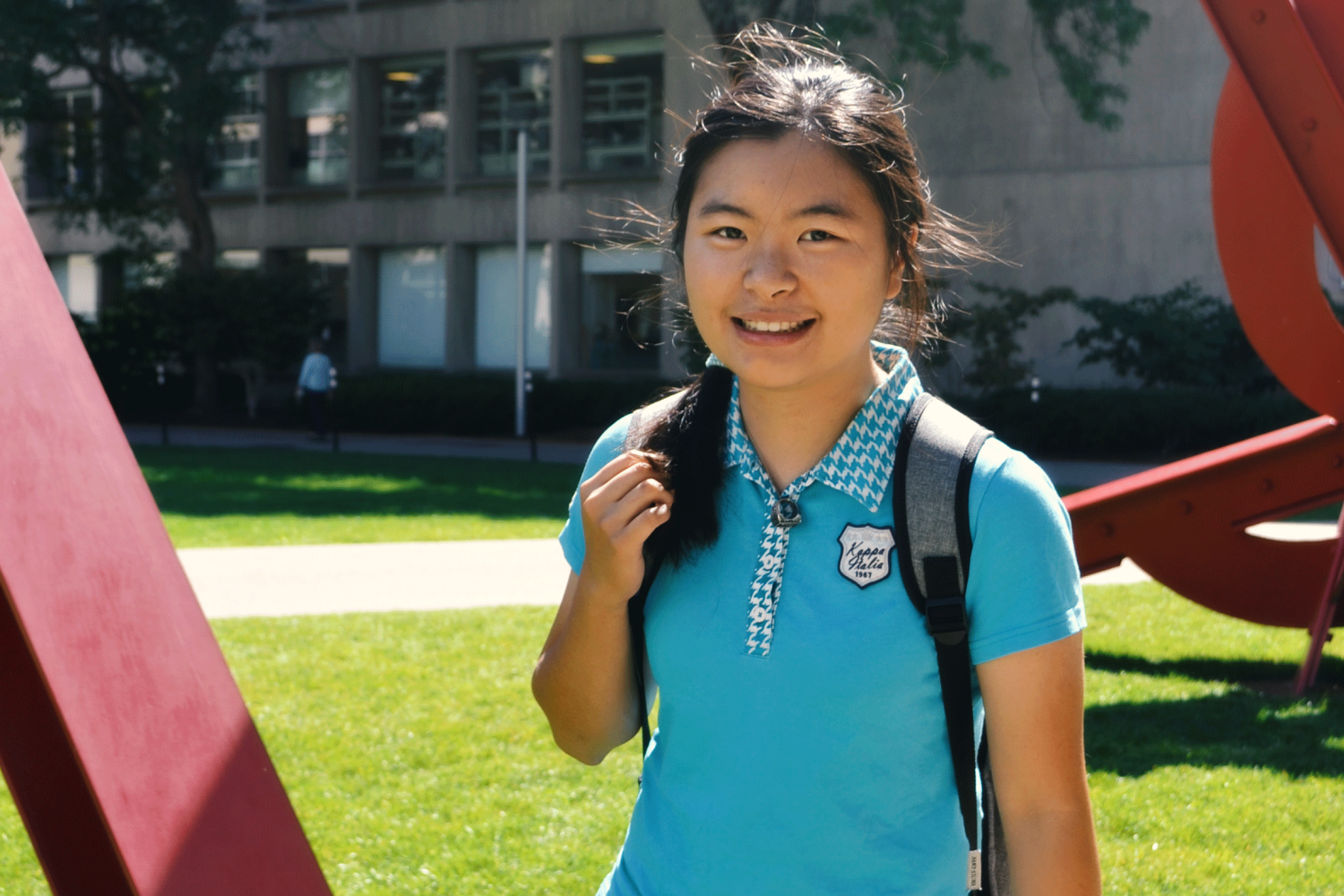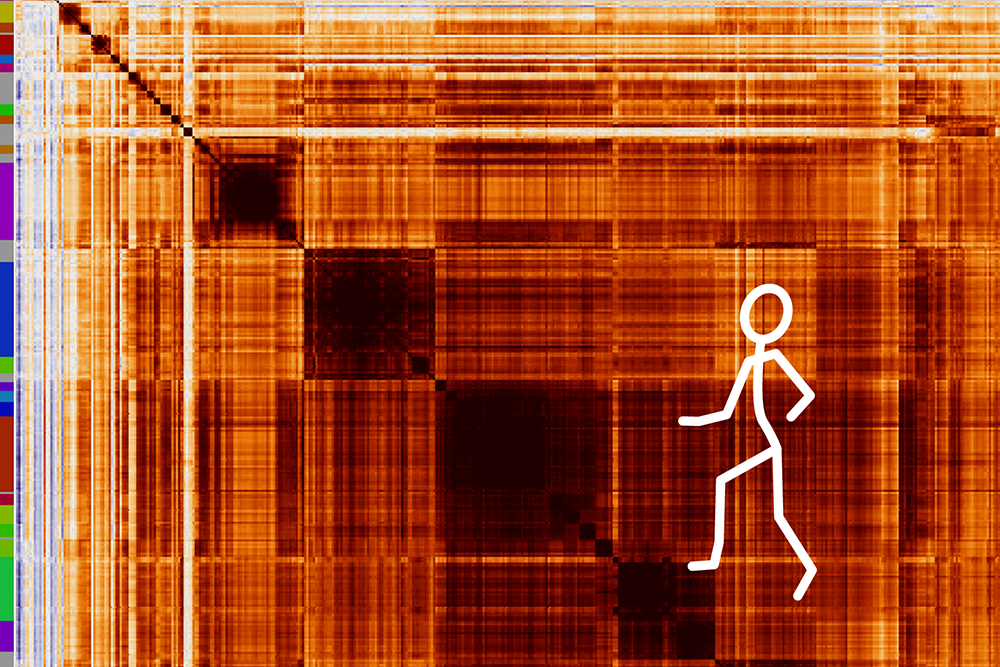Enzymes are the engines of life − machine learning tools could help scientists design new ones to tackle disease and climate change
Enzymes significantly speed up the chemical reactions that keep you alive. Researchers are using AI to create new ones to tackle modern challenges.
Feb. 13, 2025 • ~9 min



